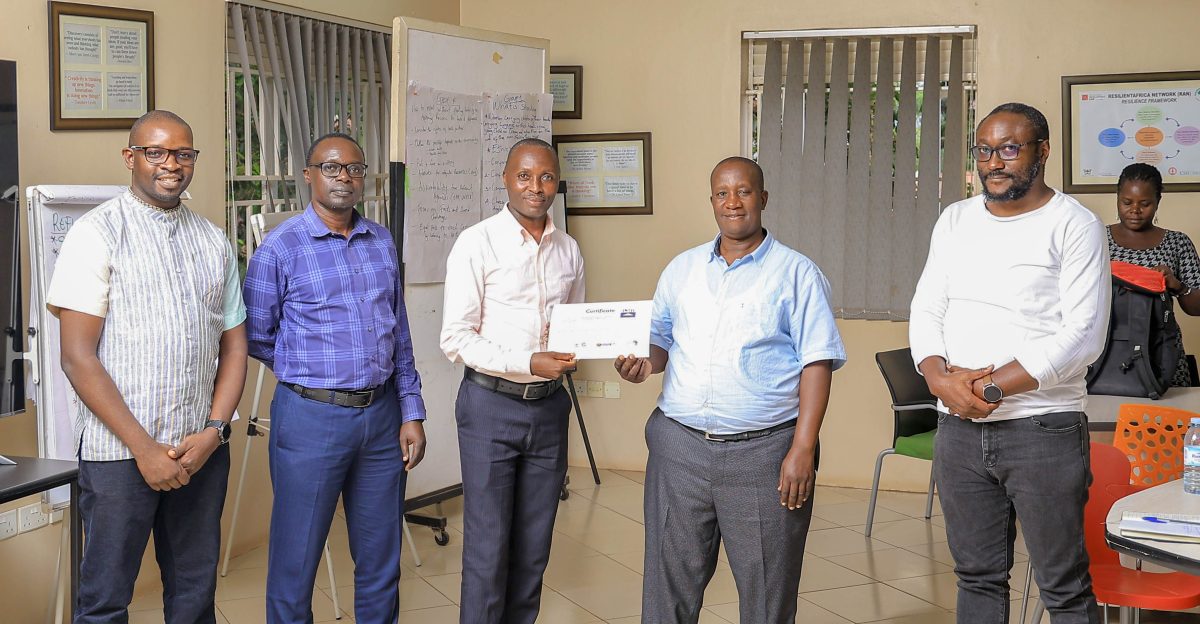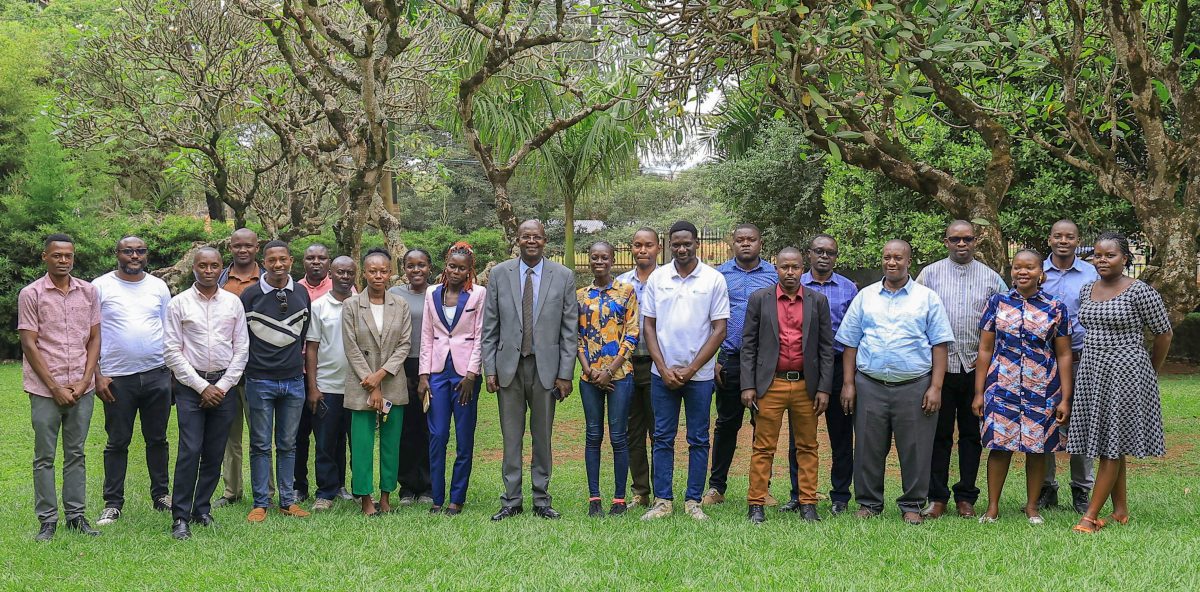In July this year, I joined a study tour to Imvepi Refugee Settlement in Uganda’s West Nile region under the RISK-WASH Project, led by Dr. Richard Mugambe. Established in 2017 in what is now Terego District, Imvepi is one of several settlements created to host people fleeing conflict in neighbouring South Sudan. Now home to more than 60,000 refugees, it reflects Uganda’s progressive refugee policy, anchored in the 2006 Refugee Act, which promotes the integration of displaced families within host communities, allocates land for livelihoods, and ensures access to national services. It remains a model both commendable and instructive for the region.
With nearly two million refugees and asylum seekers, most of whom are women and children, Uganda stands among the world’s leading examples of inclusive, community-based refugee protection. The RISK-WASH Project, implemented by the Makerere University School of Public Health (MakSPH) in collaboration with IHE-Delft, BRAC, and icddr,b, with support from the Dutch Ministry of Foreign Affairs, organised the three-day visit. The project builds evidence for better Water, Sanitation, and Hygiene (WASH) decision-making in humanitarian settings, developing practical tools to assess how exposure to unsafe water, poor sanitation, and environmental hazards affects the health of both displaced and host populations.
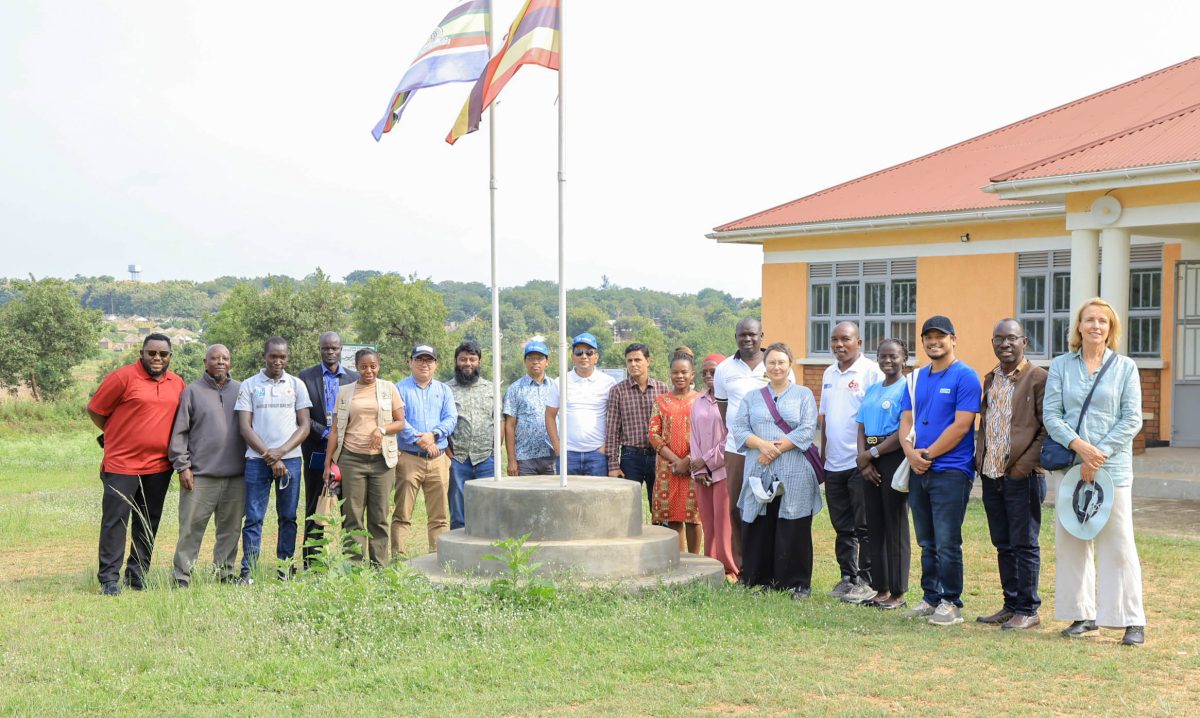
In Imvepi, that evidence takes human form. Water points run dry under intense demand or drought; latrines overflow during rains; fragile health systems strain to contain preventable diseases that flourish in such conditions. One nurse may attend to hundreds of patients in a single day, treating malaria, respiratory infections, and diarrhoeal diseases directly linked to inadequate WASH infrastructure. The images linger long after one leaves, especially when reflecting on the media’s role in shaping refugee narratives. What struck me most was how such realities are often reduced to statistics or fleeting headlines that reveal little about the lives behind them. I left Imvepi convinced that we, in the media, must not only report but listen differently.
When we cover refugees, we often begin with numbers. Yet behind every statistic is a heartbeat and a history the news cycle rarely pauses to hear. Refugee health, perhaps the most human measure of displacement, is still too often framed as a crisis rather than a continuum of resilience, policy, and rights. The World Health Organisation’s World Reports on the Health of Refugees and Migrants reminds us that refugees frequently experience poorer health outcomes than host populations, not because they are inherently vulnerable, but because access to care is often obstructed by law, language, and logistics. Health, like truth, then, becomes interestingly dependent on who is allowed to speak and who is heard.
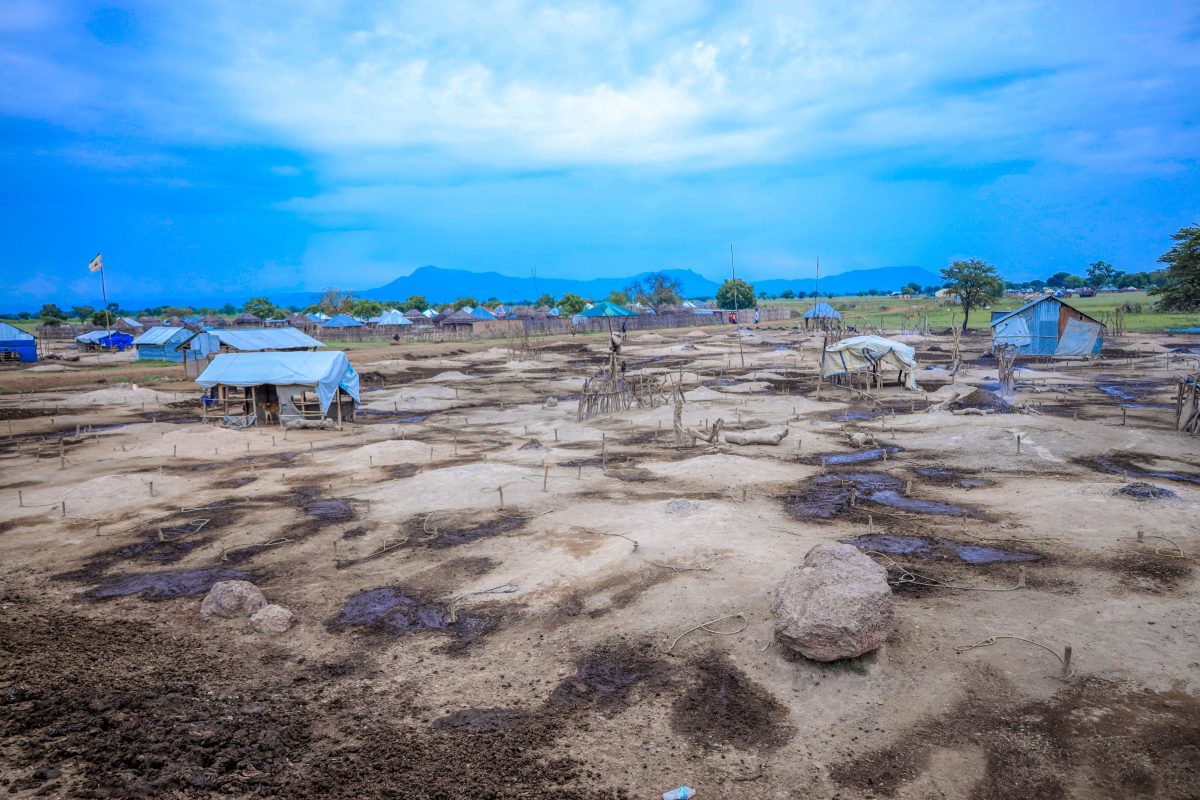
It was in this spirit that, on October 3, 2025, we convened the Media Training Workshop on Refugee Health and Migration Reporting at MakSPH. The one-day seminar brought together twenty journalists from Kampala, Kyaka II, Adjumani, and other refugee-hosting districts. Our goal was not to add another humanitarian angle to the news but to rethink how the media can report with depth, ethics, and empathy. Working with partners such as Africa Humanitarian Action, Emesco Development Foundation, and Farmamundi, we explored the subtle power the media wields to either dignify or diminish, to clarify or distort, the lived realities of refugees, particularly in the realm of health.
During my session, “Refugee Health Reporting as Empowerment: Negotiating Accuracy, Dignity, and Context,” I invited participants to view journalism through the lens of Paulo Freire, the celebrated Brazilian transformative educator who wrote the Pedagogy of the Oppressed while in exile in 1970. Through his influential work, Freire argued that oppression persists when those in power control language and narrative, when others are spoken for rather than heard. Liberation begins, he said, when people “name their world.” That principle remains profoundly relevant to our craft as journalism and communications practitioners. Refugees must not remain objects of our storytelling; they are its subjects. Journalism, in its truest public function, becomes liberating only when it is dialogic, when we report with people, not merely about them.
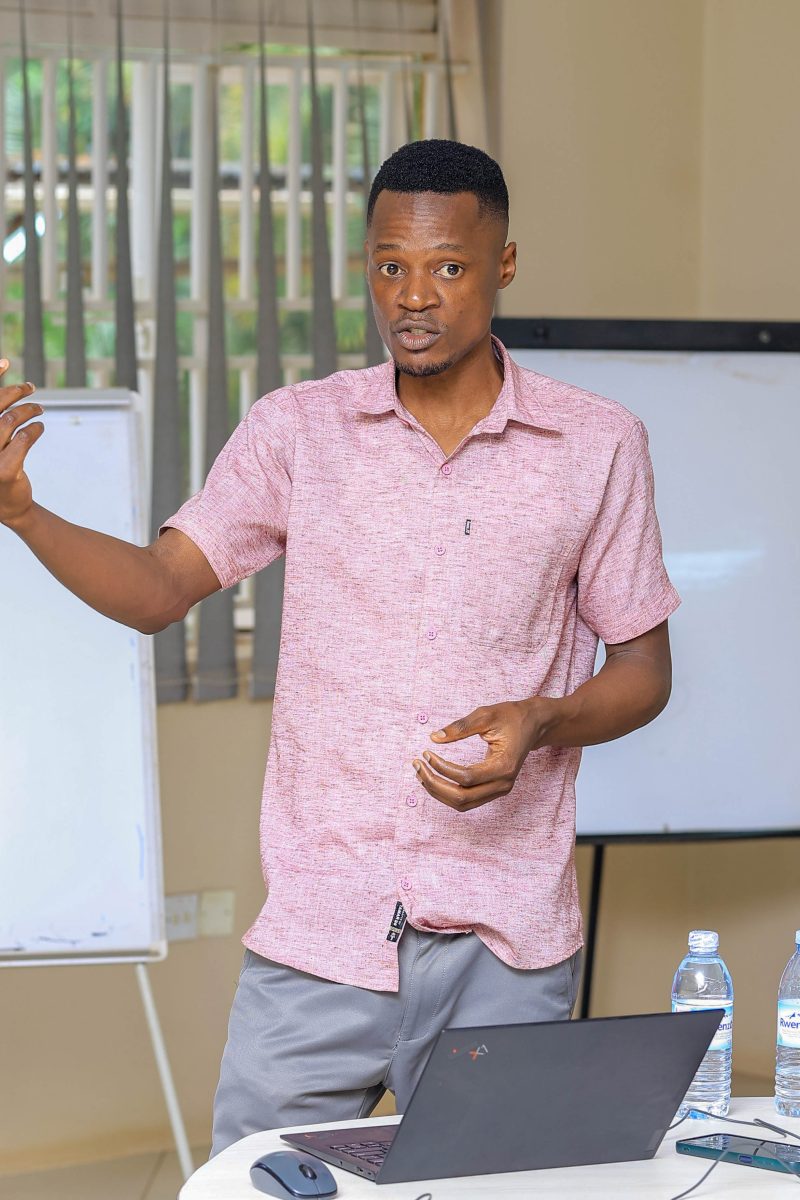
This transformation begins with accuracy. In Uganda, refugees share the same health system as host communities, one already strained by staff shortages, drug stock-outs, and donor fatigue. Yet many stories stop at official statements or NGO press releases. Limited access, shrinking newsroom budgets, and bureaucratic gatekeeping tempt journalists to rely on polished humanitarian narratives. But when we do, we risk becoming megaphones for the powerful. Accuracy demands courage, the willingness to verify, to cross-check, and to step beyond curated camp tours. In refugee reporting, truth is not just a professional standard; it is an act of respect.
Still, truth without dignity can harm. Too often, images of refugees serve as shorthand for despair—dust, hunger, tents. Such imagery may evoke sympathy, but it often strips away humanity. From practice, I have seen journalists lower their lenses before asking names. I have also seen how a small shift in approach, say seeking consent, giving space, and listening before photographing, can restore dignity to both subject and story. Words matter too. Calling someone an “illegal immigrant” or describing an “influx” of refugees turns people into problems. Language should humanise, not flatten. To describe refugees as mothers, health workers, or students is to reassert their agency and affirm our shared humanity, something Freire would have deeply valued today.
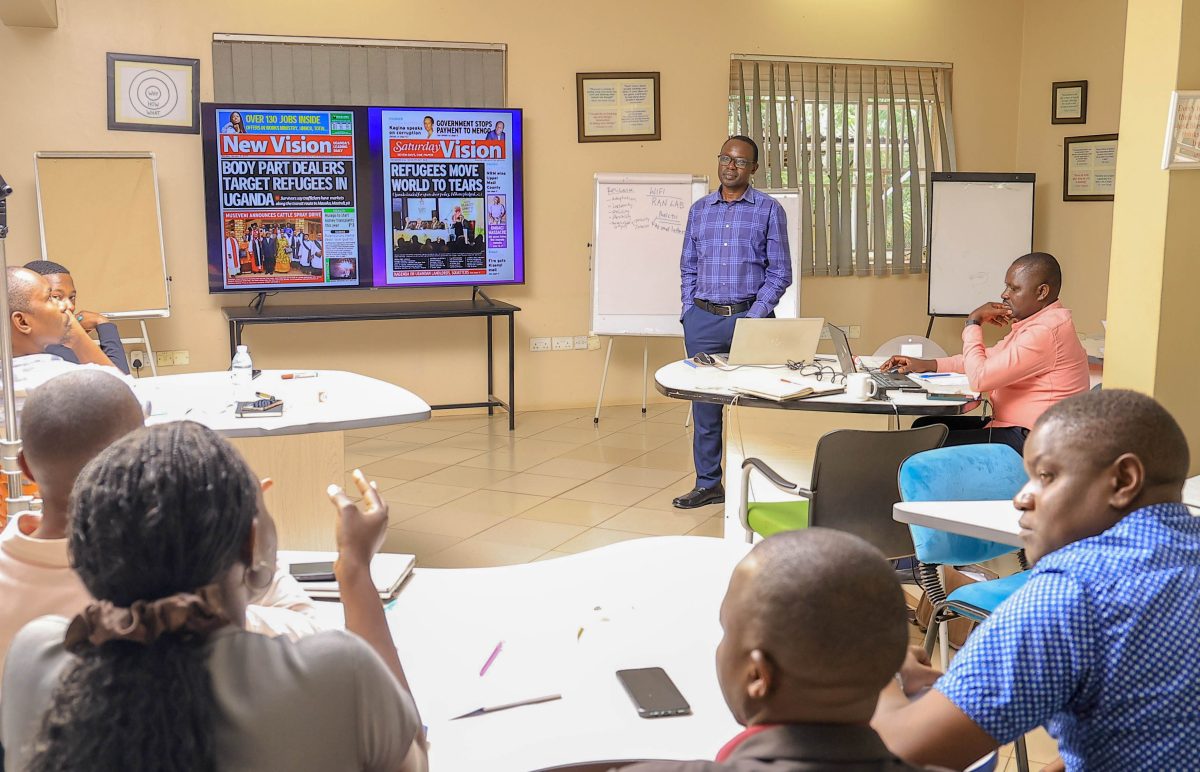
And no story exists in isolation. Every health headline in a settlement echoes across systems of policy, climate, economics, and gender. A cholera outbreak in Kyangwali is not merely a medical event or isolated incident; it may be showing broken sanitation infrastructure and the politics of aid, which may result in a national disease outbreak. Context is the soul of credibility. Without it, even accurate stories can mislead. In Imvepi, I saw first-hand that refugees’ health challenges are inseparable from Uganda’s own development journey, from how budgets are made to how global partners value African hospitality. The more connections we draw, the closer we come to the truth.
By the close of the workshop, it was evident that empowerment in journalism is not a slogan but a discipline. It demands patience, humility, and persistence. It calls for the co-production of stories, revisiting them, verifying them, and allowing refugees to narrate their realities. It also calls on institutions to invest and fund field reporting, train correspondents in trauma-sensitive and peace journalism, and protect journalists pursuing uncomfortable truths. Without such support, even good intentions dissolve into soundbites.
I often return to Freire’s words of wisdom: “To speak a true word is to transform the world.” This means that words are not just passive descriptions but powerful tools for action and social change, especially when they are paired with critical reflection and a commitment to praxis (work and action). Refugee health journalism, at its best, is precisely that kind of speech: accurate, dignified, and deeply contextual. It is not merely charity reporting; it is solidarity reporting. For anyone, given the wrong circumstances, can become a refugee. And solidarity, unlike sympathy, does not look down; it stands beside. When we write from that conviction, our stories do more than inform. They humanise, connect, and remind us that telling the truth well is, in itself, an act of justice.
